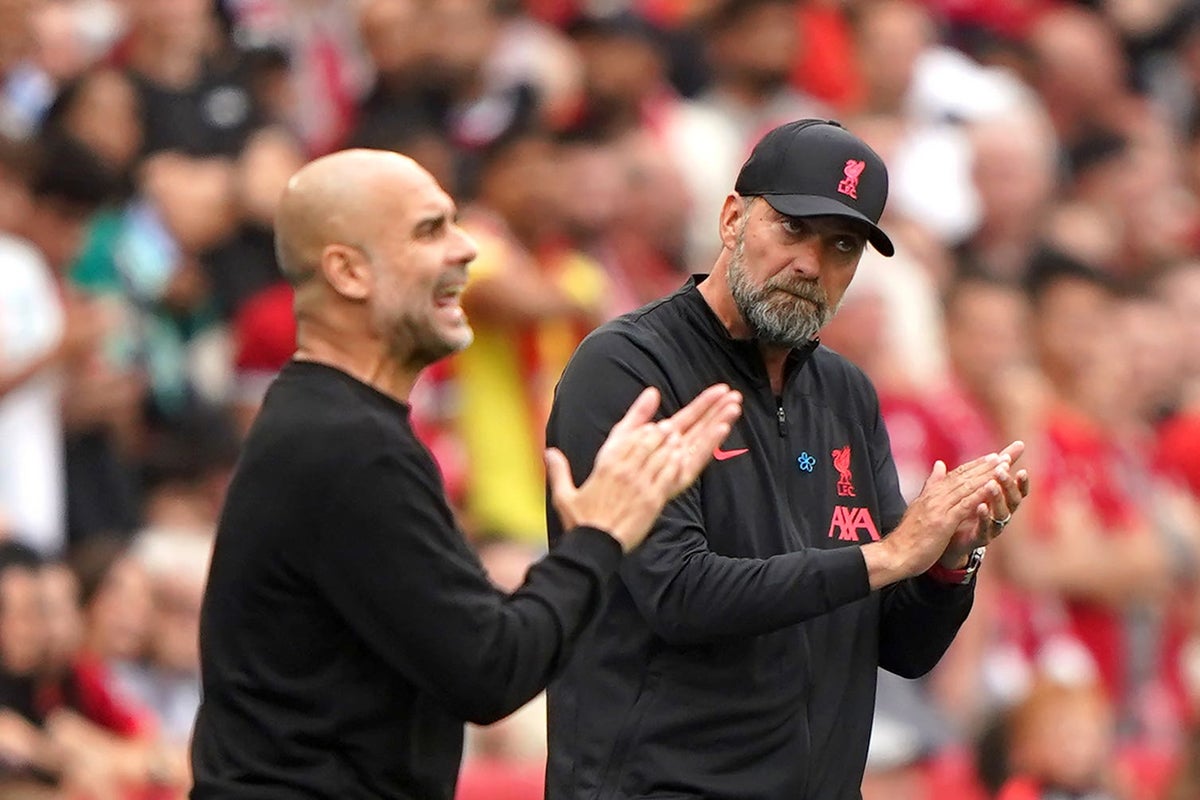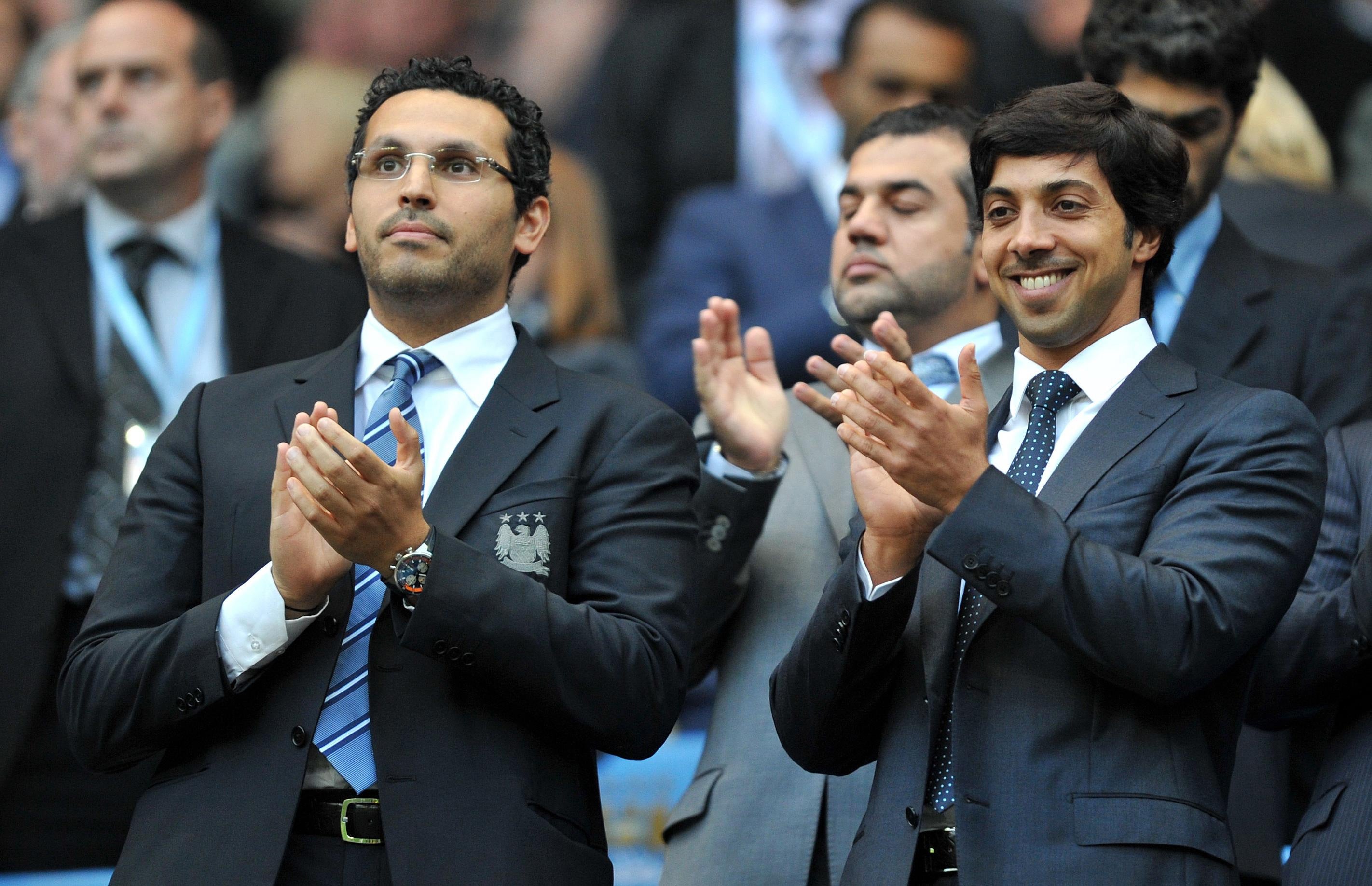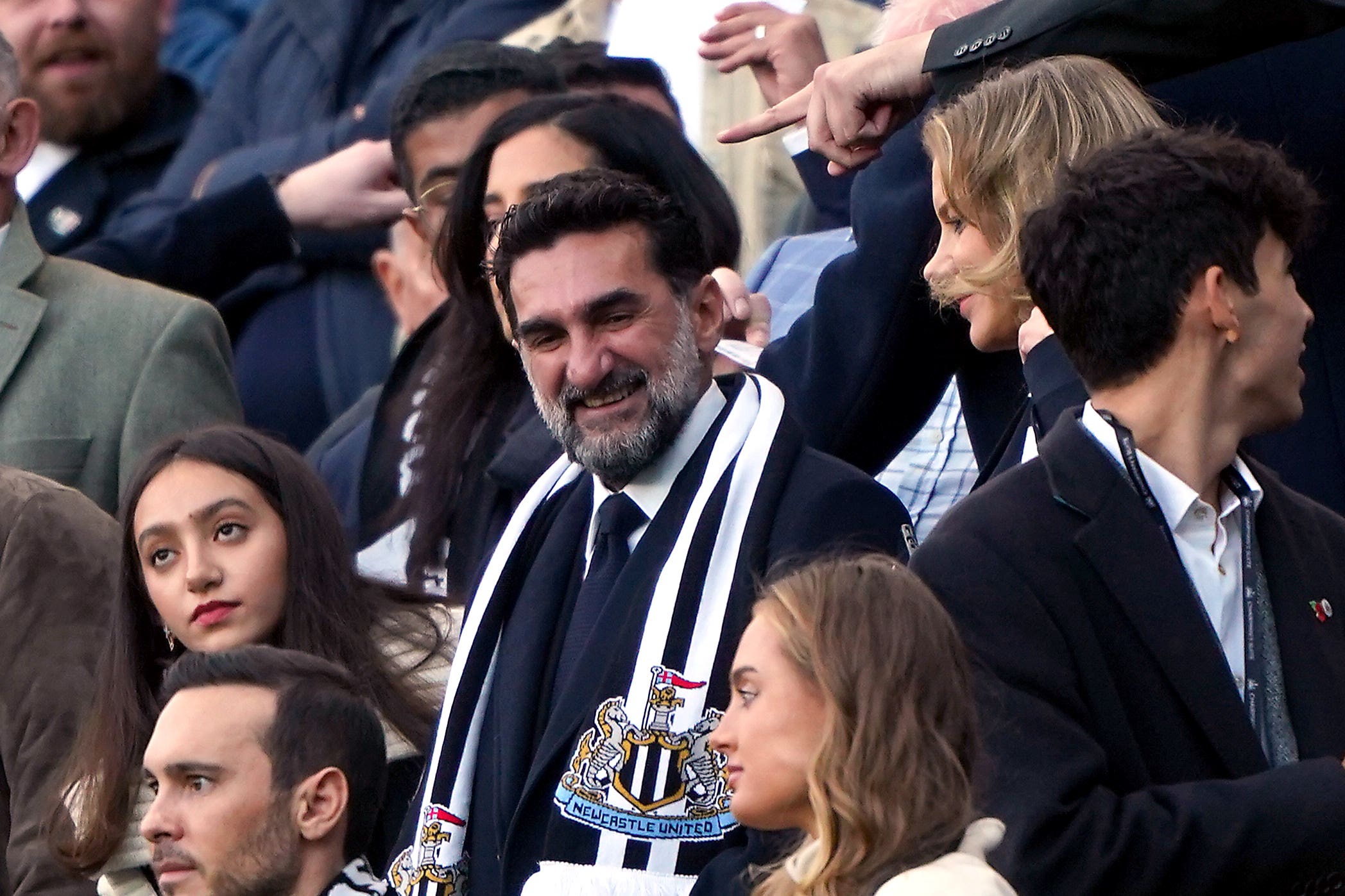
The recent reports that figures at Manchester City believe Jurgen Klopp’s comments could be construed as bordering on xenophobic and racist is not the first time that this bogus argument has been broached.
It was first raised by club chair Khaldoon al Mubarak at the end of the 2018-19 season. He at the very least made the comments publicly, when responding to Liga president Javier Tebas’s comments on state-owned clubs, although they were no less wrong.
“There’s something deeply wrong in bringing ethnicity into the conversation,” Khaldoon said. “This is just ugly. The way he is combining teams because of ethnicity, I find that very disturbing to be honest.”
Tebas had not of course brought in ethnicity. He had merely mentioned “state-run clubs” and “petrol money and gas money”.
While the vast majority of people can see past this line of defence, and refused to even give it credence on Sunday evening, it is worth addressing why it is wrong – especially since it threatens to grow.
There is a very specific reason that Klopp mentioned “three clubs in world football who can do what they want financially”. It certainly isn’t anything to do with ethnicity.
It is that there are currently only three states that own clubs. They are Abu Dhabi through Manchester City, Qatar through Paris Saint-Germain and now Saudi Arabia through Newcastle United.
No other state owns a club, no other ownership group is on that scale. These clubs cannot go bust because they have oil economies behind them. This is what Klopp was getting at.
And there are even more specific reasons why it is so far only these states that own clubs. It is all related to the politics of the Gulf blockade and a longer-term rivalry, where Qatar have been on the opposite side to Abu Dhabi, the United Arab Emirates they form part of, and Saudi Arabia.

It is essentially an arms race with soft weapons, where they can see the benefits of such strategies. Abu Dhabi was the first to realise the immense benefits of owning a western European football club in 2008, through the purchase of City, which led Qatar to immediately seek to respond. The Qatari royal family tried to buy Manchester United, Liverpool, Arsenal and Roma, before eventually winning this hugely controversial 2022 World Cup in 2010, and then settling on PSG. Saudi Arabia finally followed with Newcastle, using Abu Dhabi’s playbook.
No other state has yet pursued that route because it is something so particular to a regional political rivalry. An irony is that Klopp was not getting at anything more than financial disparity, but the claims also warrant rebuttal for more serious reasons.
The long-held view of all human rights groups and academics on the area is that these states own these clubs as “sportswashing projects”. That is in part because they can continue business and economic pursuits despite hugely criticised human rights records.
Most of those human rights issues, as goes without saying, concern their own citizens. According to Amnesty, the UAE – of which Abu Dhabi forms the most influential emirate – continues to “arbitrarily detain Emirati and foreign nationals”.
“They’ve moved from limited basic rights to basically full-on no civil or political rights whatsoever, mass arrests of political opposition,” Adam Coogle of Human Rights Watch told The Independent in 2020. “Some really insidious practices have started coming to the fore: forced disappearances, arbitrary detentions, torture…”
They do not have a free press, something that makes these attempts at media spin all the more relevant.
“The UAE’s approach to criticism of its various human rights abuses and ruinous foreign interventions is to deny or ignore, and to smear and discredit its critics,” FairSquare’s Nick McGeehan said.

Such facts make the accusations of xenophobia or racism all the more absurd, but also all the more serious. It looks little more than a disgraceful attempt to suppress discussion on one of the most serious issues in football, which has a wider moral dimension.
The implication of some of Sunday’s reports is all the more troublesome: if you even deign to comment on this - especially ahead of a fixture where it is never more relevant - you run the risk of abuse, and references to tragedies?
It is actually why it is all the more important that Klopp raised these issues. For all the limited discussion of sportswashing in the media, most of football has danced around one of the most serious issues of the game. Without proper discussion, ludicrous defences like claims of “xenophobia” can take hold.
They must be immediately seen for what they are: attempts at suppressing the most badly required criticism. This is what is really ugly here.







